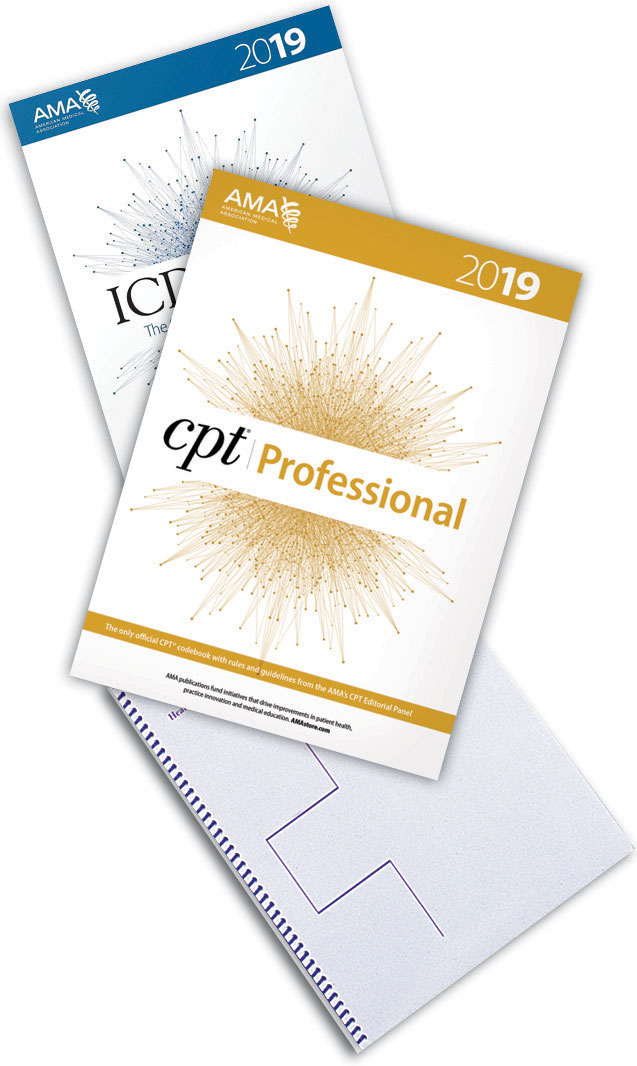 |
Q: I saw that Medicare recently issued some changes regarding the need for a mandatory preoperative Comprehensive History and Physical (H&P) within 30 days before a patient is admitted for surgery at an Ambulatory Surgery Center. Is this true?
A: Yes. As part of the “Patients Over Paperwork” initiative, CMS is trying to reduce the regulatory burdens on providers and practices while still ensuring patient safety. On September 30, 2019, CMS published in the Federal Register a rule that removed the mandate for a 30-day H&P. CMS now leaves the responsibility for determining the need for this preoperative H&P to the joint responsibility of both the facility and surgeon.
Q:What does “joint responsibility” exactly mean in this instance?
A: It means that either the surgeon or the ASC can still require that the patient undergo this H&P. If the surgeon feels it’s not needed but the facility states the need for it in their guidance, then the H&P is required unless the surgeon can convince the facility otherwise. Conversely, if the surgeon wants it but the ASC does not, an H&P is still needed. Surgeons and facilities should work together for the benefit of the patient; the government will no longer mandate the H&P as a matter of course.
Therefore, if the surgeon and the ASC both agree that certain individuals don’t need the H&P, then those patients can be admitted to the ASC without one.
Q: Is there anything else I should know about the H&P?
A: ASCs will now need to have a formal policy that identifies which patients need an H&P prior to admission. In the press release issued on September 26, 2019, CMS noted that it is “… finalizing the requirement that each ASC establish and implement a policy that identifies patients who require an H&P prior to surgery.”
Q: Are there any other areas parts of this rule that will help ASCs?
A: One other aspect that will help ASCs is no longer needing a “Written Transfer Agreement” when moving a patient to a hospital. That requirement is also changing for the better. The press release mentioned earlier also notes the following:
[CMS is] “ … removing the provisions requiring ASCs to have a written transfer agreement with a hospital … or ensuring that all physicians performing surgery in the ASC have admitting privileges in a hospital ... Instead, ASCs will be required to periodically provide the local hospital with written notice that outlines the ASC operation and patient population served by the ASC facility. All ASCs must continue to have an effective procedure for immediate transfers to a hospital for patients requiring emergency medical care beyond the capabilities of the ASC …”
Q: What about the ASC’s need for an annual Emergency Preparedness Program?
A: CMS has reduced the need for an annual review of an ASC’s Emergency Preparedness Program to a biennial review. This includes changing the annual requirement for training in this area to a biennial one. Since ASCs are inherently outpatient, they will only be required to do a testing exercise once per year instead of twice per year.
Q: When do all of these regulatory changes for ASCs go into effect?
A: The effective date for all of the changes is November 29, 2019, so until this date the old rule guidance remains. REVIEW
Mr. Larson is a senior consultant at the Corcoran Consulting Group. Contact him at plarson@corcoranccg.com.



